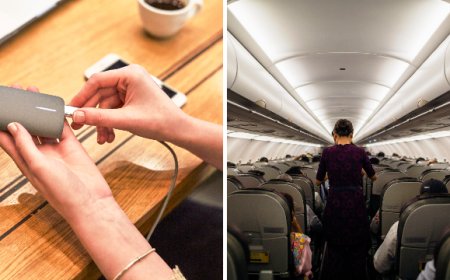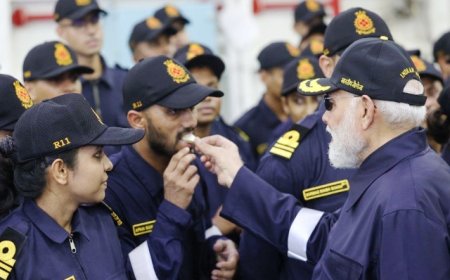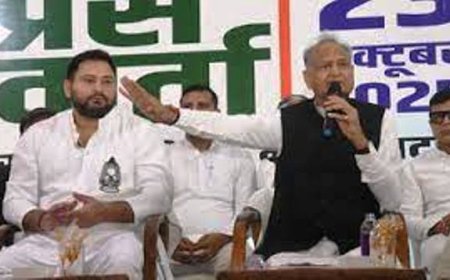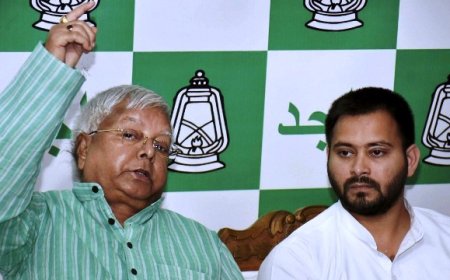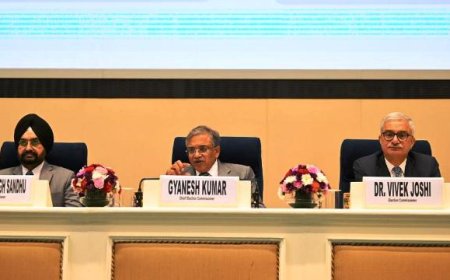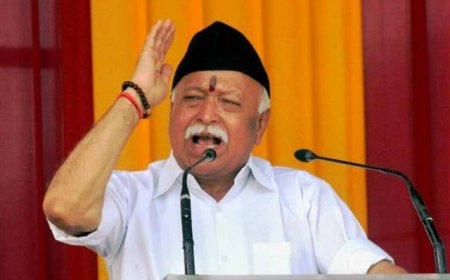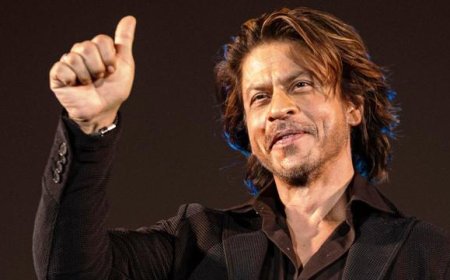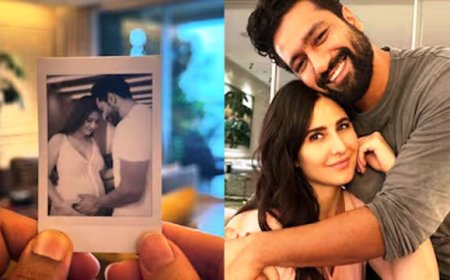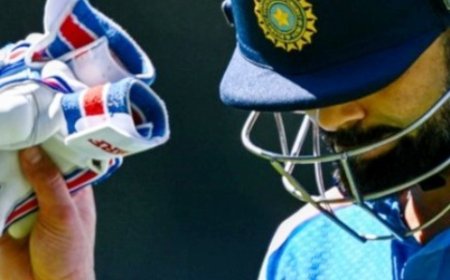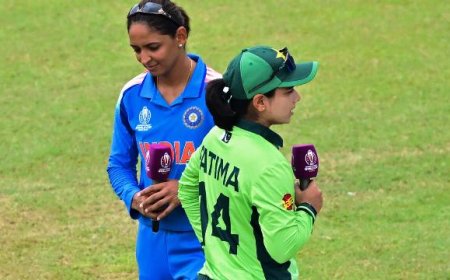Lumba Rakhi: The Marwari Tradition Now Crossed Cultural Boundaries
The Lumba Rakhi tradition involves tying a decorative rakhi to the wrist of the brother’s wife. Tying a rakhi to the bhabhi is a way of wishing safety and happiness for the couple together. I

Raksha Bandhan is one of India’s most cherished festivals, celebrating the bond between brothers and sisters. But in recent years, another thread has been finding its place in many homes — the Lumba Rakhi. Unlike the traditional rakhi, this one is tied to the brother’s wife, or bhabhi. Originating in Marwari and Rajasthani communities, the practice has now crossed cultural boundaries and become part of celebrations across the country. Over the last 15 to 20 years, its popularity has grown significantly, with e-commerce playing a major role in spreading the tradition.
The Lumba Rakhi tradition involves tying a decorative rakhi to the wrist of the brother’s wife. These rakhis are usually more ornate, designed with beads, sequins, or decorative tassels to complement a woman’s festive attire.
The custom has symbolic depth. In many traditions, a wife is regarded as her husband’s “ardhangini" (the other half of his being). Rituals and blessings often include both husband and wife. Tying a rakhi to the bhabhi is a way of wishing safety and happiness for the couple together. It also highlights the idea that the bhabhi plays an equal part in caring for and supporting her husband’s sister.
In the weeks leading up to Raksha Bandhan, platforms like Amazon, Flipkart, Blinkit, Instamart, and Ferns N Petals create dedicated festival sections on their apps and websites. These sections display Lumba Rakhis alongside traditional ones. This ensures that shoppers who may never have heard of the tradition encounter it while browsing for their purchases.
E-commerce has introduced “Bhaiya-Bhabhi Rakhi Sets", which include one rakhi for the brother and a matching Lumba Rakhi for his wife. These are often packaged as complete gift items, which makes shopping easier while celebrating both family members together.
Platforms like Instagram and Facebook are filled with Raksha Bandhan photos and videos where brothers and bhabhis proudly show the rakhis tied to them. Seeing these moments online has made the Lumba Rakhi tradition more familiar to people everywhere. Over time, it has started to feel like a natural part of the festival for many families.
What's Your Reaction?








